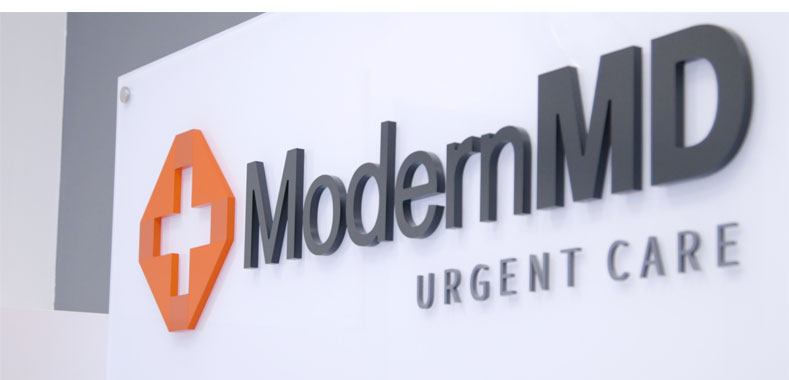Why Healthcare Could Save You in a Recession
Managers still need to be strategic when turning to the sector, experts say
With expectations of an overall economic pullback growing, private equity investors are shifting capital to safer sectors, and healthcare has long been viewed as among the safest.

“The healthcare industry’s steady growth has been attractive to private investors, particularly after the last downturn,” says Chris Sweeney, a partner with Water Street. “In the United States, healthcare expenditures have not declined in any recession since 1960 and are forecast by the Centers for Medicare & Medicaid Services to grow at a compound annual rate of 5.8 percent from 2014 to 2024.”
If it can be said that overall M&A has grown significantly in the last few years, then healthcare M&A has exploded. Between 2012 and 2015, overall M&A rose at a compound annual growth rate of 24 percent, while healthcare M&A expanded more than twice as fast, at a 50 percent CAGR, according to Bain & Co.’s latest healthcare PE and M&A report. The reasons include an increased demand for healthcare as chronic illnesses multiply; an aging population; and an expanding middle class in developing countries.
During the last few years, the rate of inflation has flattened out dramatically and the risk cycle has been lessened. As a result, investors are able to focus on improving operations and quality of management, thus making healthcare a compelling sector for private equity, explains Adam Blumenthal, managing partner of Blue Wolf Capital Partners.
Of course, not all healthcare sectors are created equal.
“Healthcare has certainly been much less cyclical than [other] businesses, but it is not completely insulated,”

Blumenthal points out. He says healthcare is responsive to government spending and other outside forces, but the impact is “muted” when compared with other sectors.
As John McKernan, vice president with The Riverside Co. explains, not all healthcare investments are created equally. He points out discretionary healthcare expenditures—such as purchasing new eyewear—are more susceptible to a decrease in a recession than are other expenses.
“Some things you can’t put off,” McKernan says. “That said, I think we will see certain healthcare expenses on goods and services to treat conditions that do not have imminent threats will become

more prone to a recession. Still, healthcare is safer than other sectors.”
Both Sweeney and McKernan agree that healthcare continues to undergo disruption and the industry will very likely become more cyclical. Both point to changing plan designs and consumers taking on a greater share of expenses as the primary reasons. Still, healthcare is expected to continue to be more resistant to a recession than other sectors.
“I do not see major changes on the horizon that would impact private equity investment in the sector,” McKernan says.
Three experts explain why healthcare is a best bet for surviving a recession.

